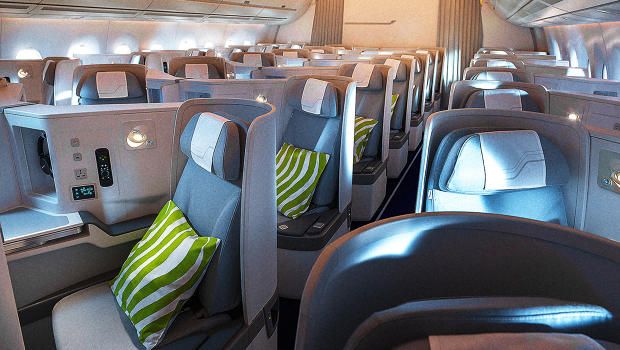New stretchable material could lead to artificial muscles.
Research Paper: http://bit.ly/1StvU6b
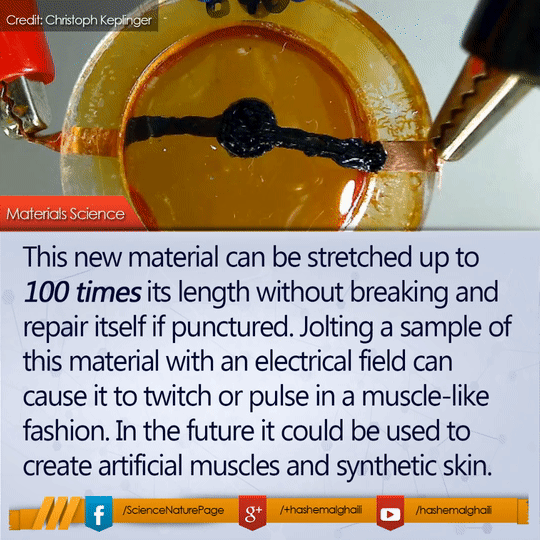
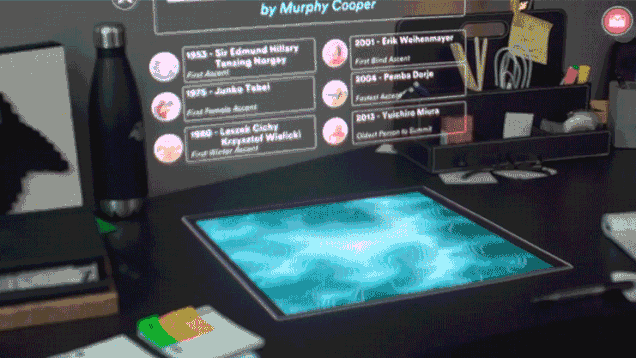
VERY nifty!
Wired just published a giant feature on Magic Leap, the lavishly-funded, and very secretive mixed reality startup that we know almost nothing about. Professional thoughtfluencer Kevin Kelly got impressive access to the startup and reveals some new details about what the hell they’re doing. There’s a headset! And it is capable of what you see in the video above, which is like tripping, if LSD made you hallucinate your calendar.
The demo, which Magic Leap just posted to YouTube, is a look at what your morning might be like if you’re living in the company’s mixed reality future. It’s not a very lofty future, but I daresay it’s a useful one. Though I’ve never had a morning in which I intensely study topographical maps of Everest or ethereal jellyfish, it is nice to have a clean heads-up display in front of your face, full of notifications and information. The graphics are very high fidelity—especially compared to Magic Leap’s mixed reality cousin, Microsoft HoloLens.


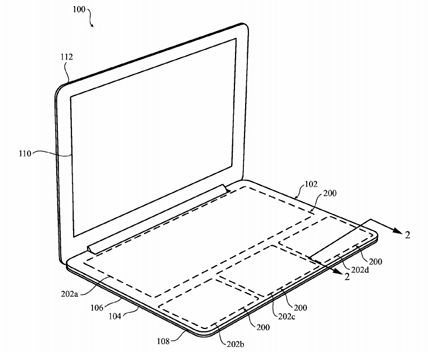
A new patent filed by Apple could offer a glimpse into the future of MacBook design, and it would be a much less tactile experience. The patent for a “Configurable Force-Sensitive Input Structure for Electronic Devices” was filed in September 2014 and was made available to the public last week. It describes a haptic-powered touch keyboard for devices like laptops. Such a device wouldn’t have any physical key switches, just a touch-sensitive layer with virtual keys.
The system would essentially consist of a large metal contact layer with the ability to sense not just touches, but the amount of force applied — 3D Touch, basically. The user would tap a key, which is really just a configurable area of the surface, and they get a haptic jolt to simulate pressing a key. The array of keys on the virtual keyboard would be marked by a light guide shining up from underneath.
Apple files patents on plenty of things that never see the light of day, but this seems like something it might want to use. Of course, that assumes it can get anywhere close to a real typing experience in terms of speed and accuracy. The company is constantly trying to slim down its MacBooks, to the point that it went all-in with USB Type-C on the latest MacBook Air. The keyboard is one of the thickest single components of the device now. If the physical keys could be done away with, the computer could approach tablet levels of thinness.
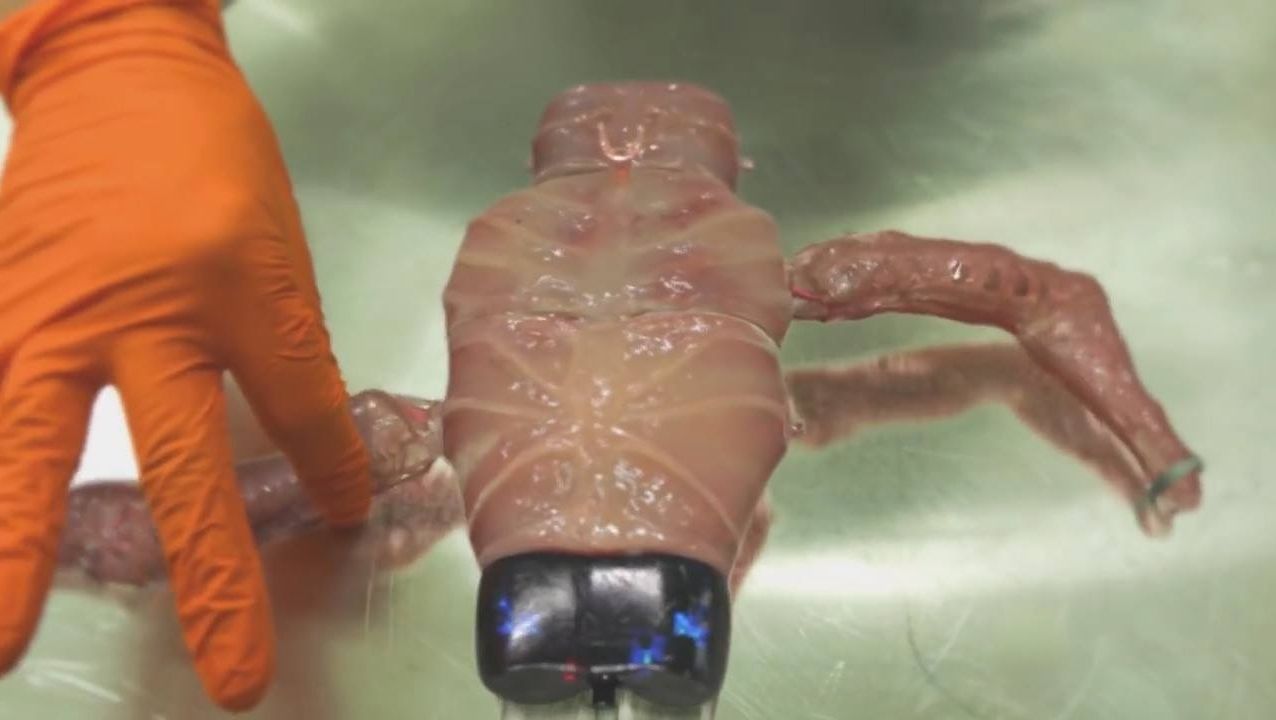
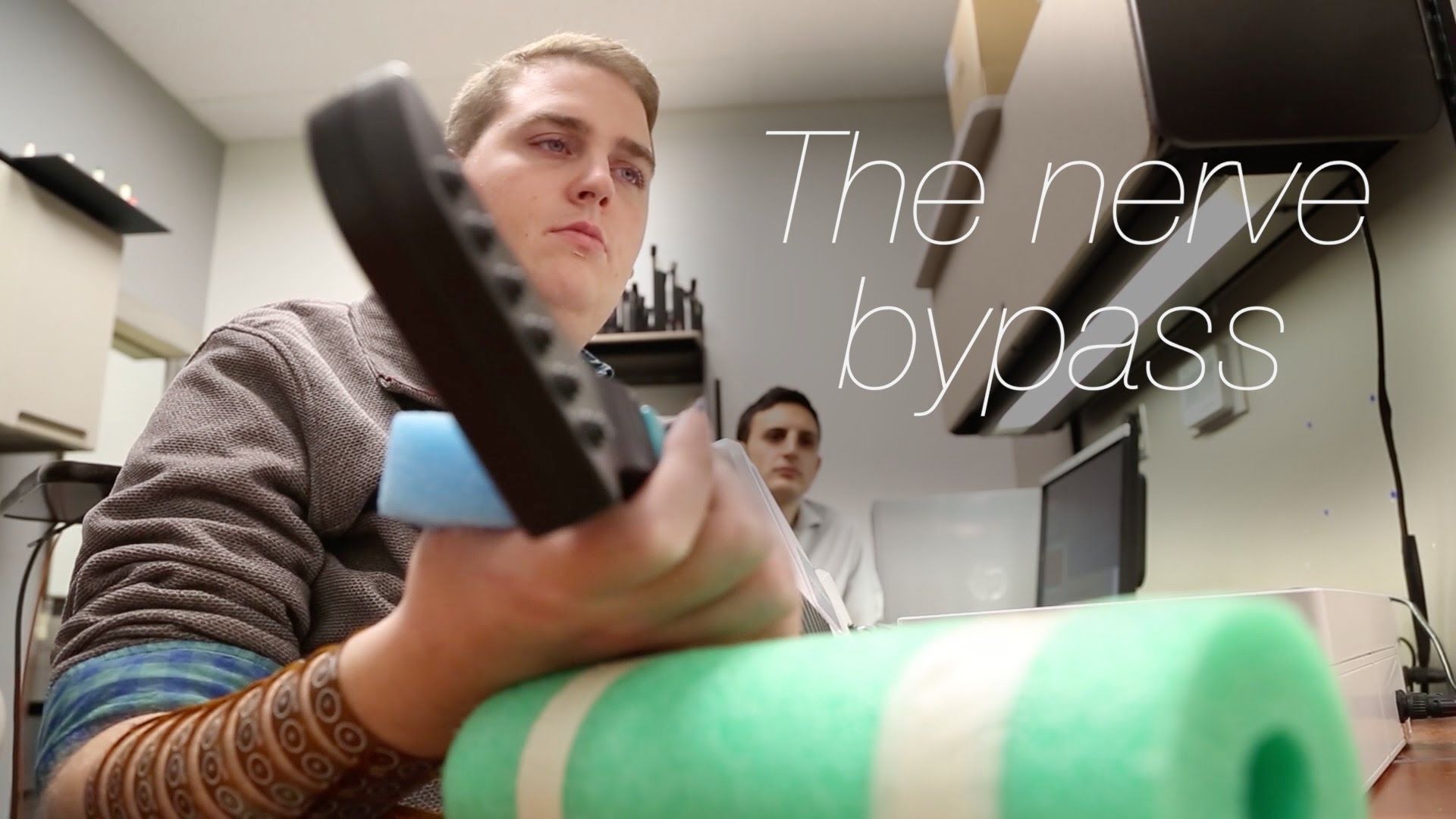

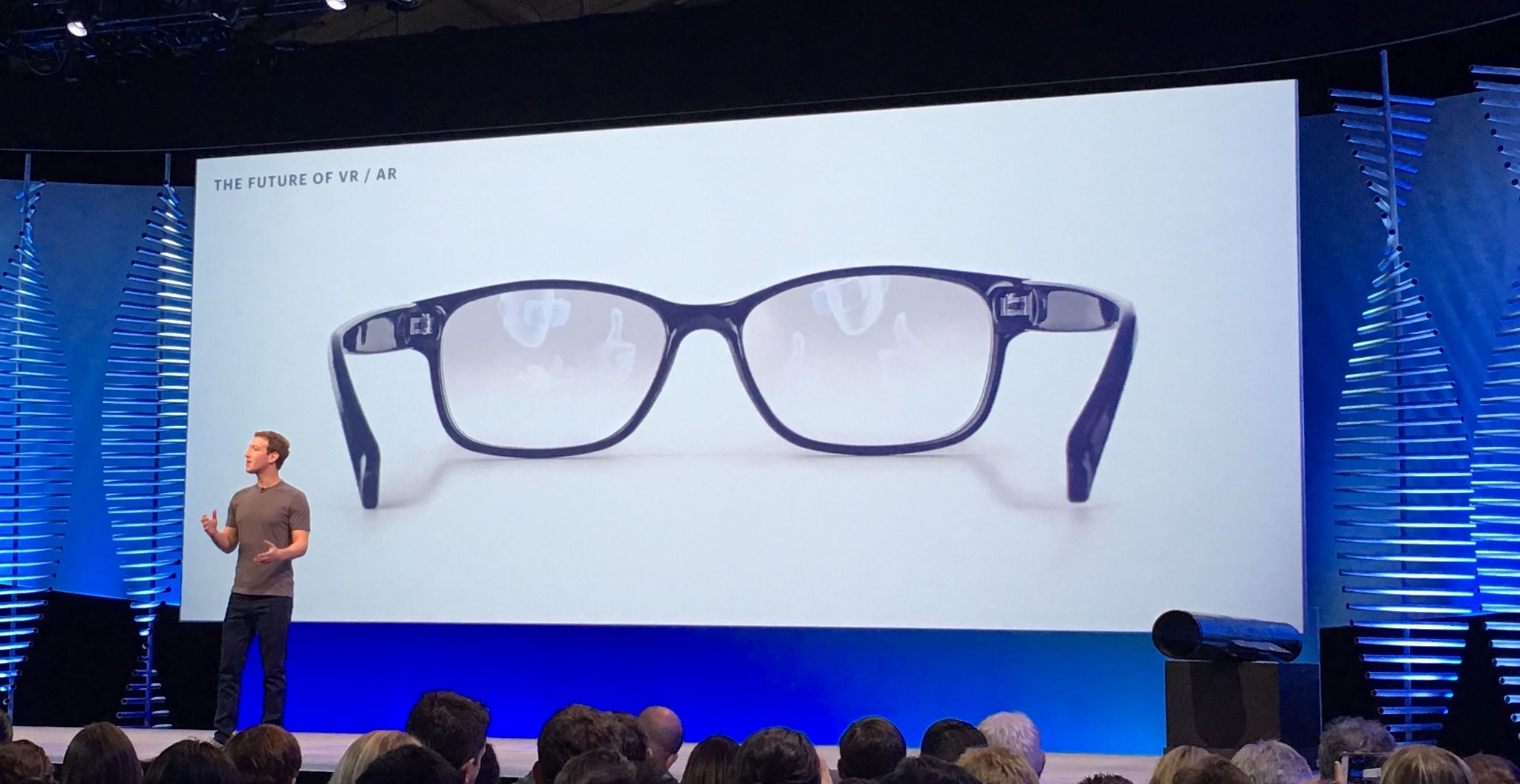
Virtual Reality is awesome, but having to wear a huge headset isn’t fun.
Facebook knows that, so while unveiling its roadmap for the next 10 years, Mark Zuckerberg said future VR headsets would basically be the size of a normal pair of glasses.
Some of the biggest names in tech are coming to TNW Conference in Amsterdam this May.
